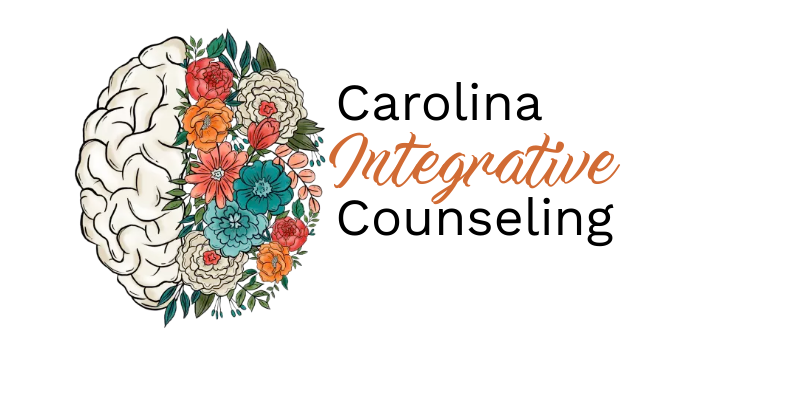The Art of Taking An Effective Mental Health Day
The Art of Taking an Effective Mental Health Day Off: A Guide to Recharge and Rejuvenate
In our fast-paced and demanding world, feeling overwhelmed and stressed is easy. Juggling work, personal commitments, and societal expectations can affect our mental well-being. Recognizing the importance of mental health, many workplaces now encourage employees to take "mental health days" to recharge and reset. This blog post will explore the art of taking an effective mental health day off, providing practical tips to maximize your time away.
Recognize the Signs:
The first step in taking an effective mental health day is recognizing when you need one. Pay attention to signs of burnout, such as persistent fatigue, lack of motivation, increased irritability, and difficulty concentrating. If you find yourself experiencing these symptoms, it might be time to prioritize your mental well-being.
Communicate with Your Team:
Once you've decided to take a mental health day, communicate your needs with your team and supervisor. Be transparent about the reasons for your day off, emphasizing the importance of mental health in maintaining overall productivity and well-being. This open communication fosters a supportive work environment.
Plan Ahead:
Before your mental health day, take some time to plan. Make a list of tasks that need to be completed or delegated, ensuring a smooth transition for your absence. This proactive approach will alleviate the stress and guilt of taking time off.
Disconnect from Technology:
One of the keys to a successful mental health day is disconnecting from technology. Turn off work-related notifications, resist the urge to check emails, and step away from social media. Use this time to detach from the pressures of daily life and truly relax.
Engage in Self-Care Activities:
Fill your mental health day with activities that bring you joy and relaxation. Whether reading a book, taking a nature walk, practicing meditation, or indulging in a hobby, prioritize self-care to recharge your mind and body.
Reflect and Journal:
Take some time during your mental health day for self-reflection. Journaling can be a powerful tool to express your thoughts and emotions. Consider writing about your goals, aspirations, and any changes you'd like to make to promote a positive mindset.
Prioritize Sleep:
A good night's sleep is essential for mental well-being. Use your mental health day to catch up on sleep, establish a relaxing bedtime routine, and create a conducive sleep environment.
Practice Mindfulness and Relaxation Techniques:
Integrate mindfulness and relaxation techniques into your day. This could include deep breathing exercises, guided meditation, or yoga. These practices can help reduce stress and promote a sense of calm.
Set Boundaries:
Upon returning to work, set clear boundaries to maintain the benefits of your mental health day. Communicate any necessary adjustments to your workload or schedule and prioritize self-care in your daily routine.
Taking an effective mental health day off is a proactive step towards maintaining a healthy work-life balance. By recognizing the signs of burnout, communicating openly with your team, and prioritizing self-care activities, you can recharge your mental and emotional batteries, increasing productivity and overall well-being in the long run. Remember, prioritizing your mental health is an investment in your personal and professional success.


